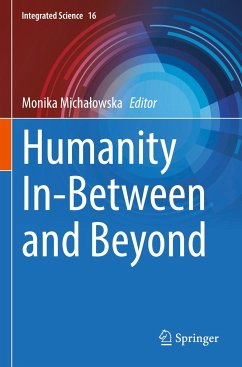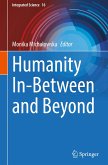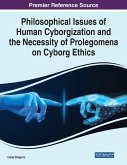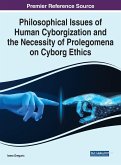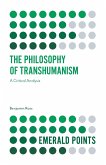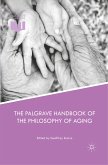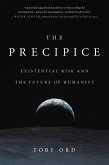This volume discusses the definitional problems and conceptual strategies involved in defining the human. By crossing the boundaries of disciplines and themes, it offers a transdisciplinary platform for exploring the new ideas of the human and adjusting to the dynamic in which we are plunged. The emerging cyborgs and transhumans call for an urgent reconsideration of humans as individuals and collectives. The identity of the human in the 21st century eludes definitions underpinned by simplifying and simplified dichotomies. Affecting all the spheres of life, the discoveries and achievements of recent decades have challenged the bipolar categorizations of human/nonhuman and human/machine, real/virtual and thus opened the door to transdisciplinary considerations. Ours is a new world where the boundaries of normality and abnormality, a legacy of the long history of philosophy, medicine, and science need dismantling. We are now on our way to re-examine, re-understand, and re-describe what normal-abnormal, human-nonhuman, and I-we-they mean. We find ourselves facing what resembles the liminal stage of a global ritual, a stage of being in-between-between the old anthropocentric order and a new position of blurred boundaries. The volume addresses philosophical, bioethical, sociological, and cognitive approaches developed to transcend the binaries of human-nonhuman, natural-artificial, individual-collective, and real-virtual.

